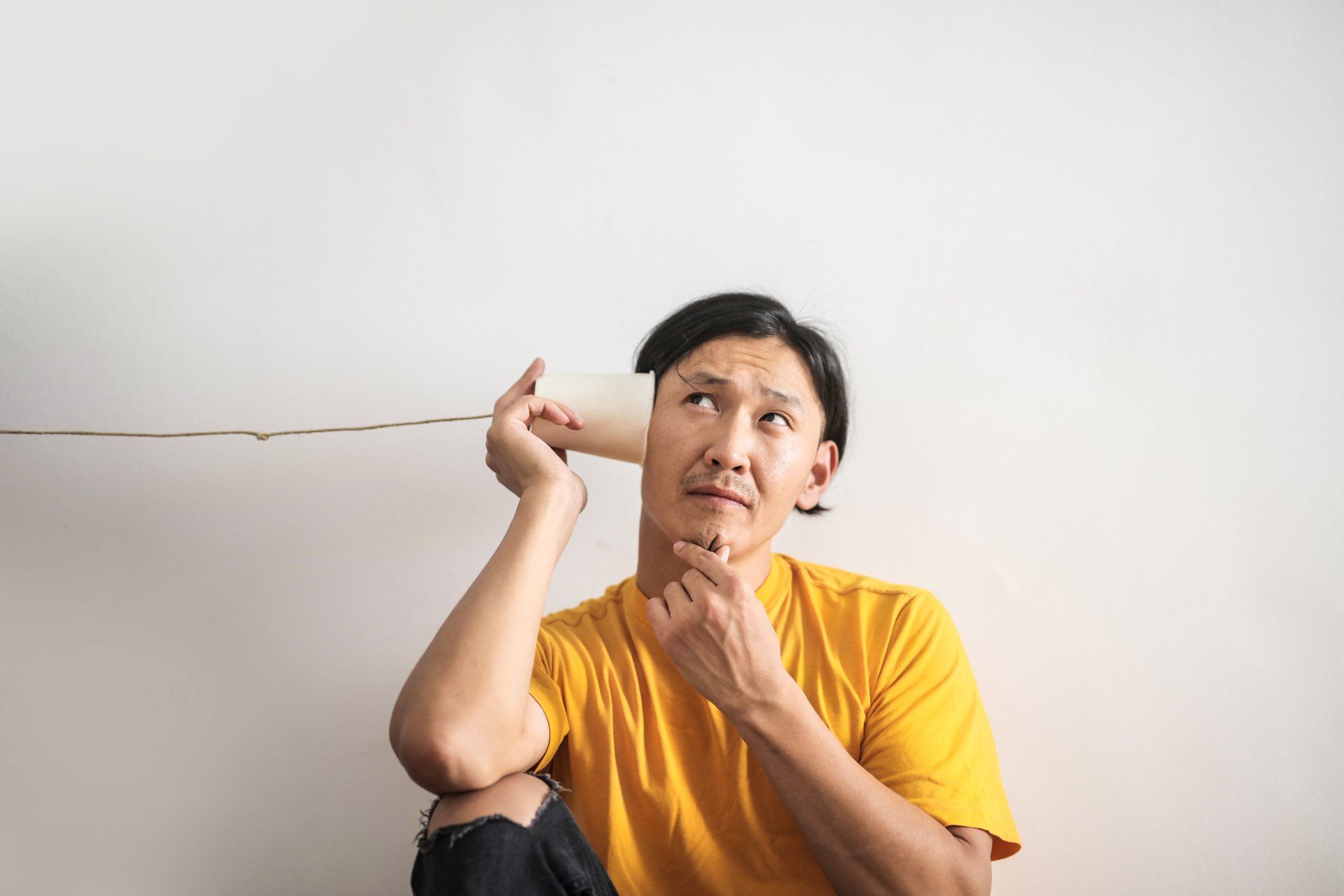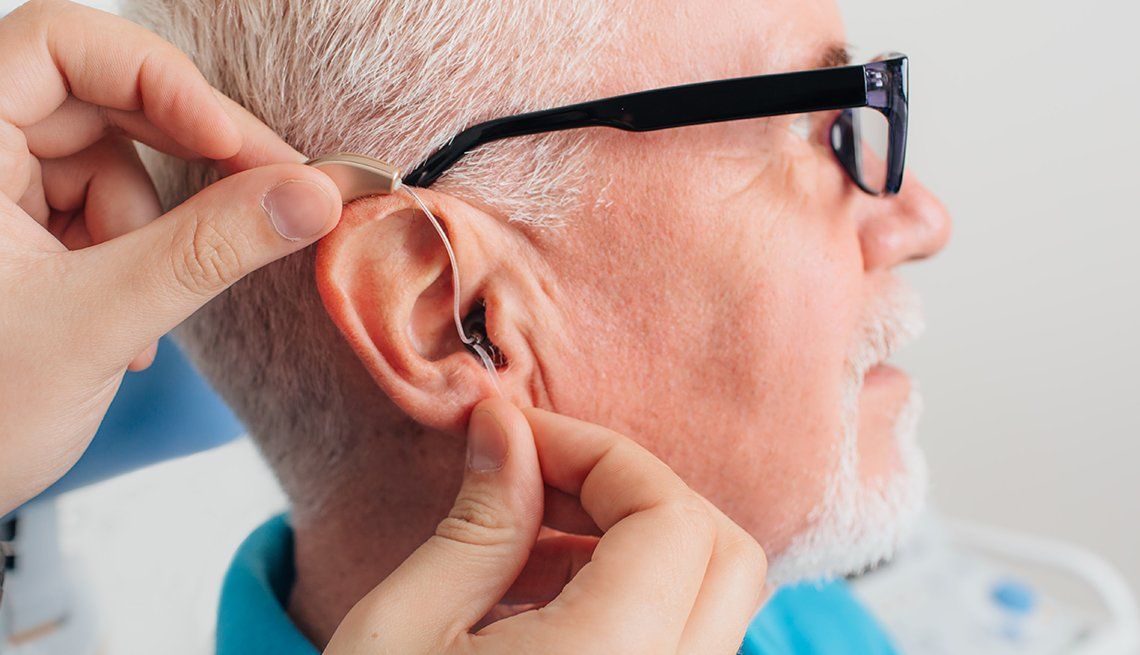Blog Layout
Are hearing aids the right choice?
The first goal of the audiology exam is to determine if there is a problem requiring medical or surgical correction. As an audiologist, Dr. Towers, has the skillset and qualifications to first identify issues that require medical attention and refer directly to ENT (ear, nose and throat) specialists.
If there is no need for medical referral, Dr. Towers relies on two specific criteria before prescribing hearing aids. First, is there a measurable and aidable hearing loss? This answer is arrived upon through the testing in the initial comprehensive audiology exam. Second, is the patient aware of the problem and seeking help? Sometimes patients are not aware of the hearing loss they have. Other times, they are aware, but not yet ready for help. Audiology is a rehabilitative profession and readiness is an important part of success with hearing aids. For that reason, Dr. Towers does not believe in undue pressure to pursue hearing aids. If you are ready for hearing aids, Dr. Towers will work with you in a collaborative way to reach a solution that is best for you. If you are not yet ready for hearing aids, he will arrange a plan with you to monitor changes in your hearing until you are ready.

27 Apr, 2023
“Everyone mumbles.” or “if everyone spoke more clearly, I wouldn’t have a problem.” Have you thought or said either of those sentences before? If you have worked around industrial noise or find yourself over the age of 55, there is a good chance you have. But why? Surely it couldn’t be a reduction in hearing. Or could it? One of the most common misconceptions about hearing is that if it changes, you’ll know it. The truth is, in most cases, you probably won’t unless you get it checked. A reduction in hearing can be sneaky. It usually progresses slowly and usually involves higher pitches first. Both of these factors mean other people will probably notice you’re having difficulty before you do. Many people think that a reduction in hearing is like turning the volume down on the TV. It isn’t. When we lose our hearing from noise or age, for example, the part of our ear responsible for hearing higher pitches is what is damaged first. This leaves us with more of a problem related to clarity, than loudness. In other words, you may find yourself saying, “I heard you, I just didn’t understand you.” In speech, vowel sounds (oo, ee, ah) are low pitched and are what gives us the power or volume. Consonant sounds (p, t, k, s, sh) are high pitched. They are the ones affected first in most hearing losses. Unfortunately, they are also the sounds we need to understand one word from the next. That phenomenon is also why you may be able to hear the traffic on the highway outside, but yet can’t hear the TV or your spouse every time. So what are you supposed to do if you or someone in your life suspects you have a reduction in hearing? Well the good news is a hearing test is quick and painless. Depending who you see it may even be free of charge. What you will want to make sure of is that the test is comprehensive and thorough. There should be at least 5 or 6 procedures performed in that visit to even begin to come up with some answers. The “beep test” alone is not good enough. If the test results show some degree of hearing reduction, it is important to be educated completely about what your options are. If the results show that your hearing can be improved medically or surgically (about 15-20% of hearing losses), then you will be referred to your family doctor or an ENT (ear, nose, throat surgeon). If your hearing loss is permanent (age, noise, etc.) then you may be a candidate for hearing aids. A competent clinician should prescribe and dispense hearing aids with honesty and integrity. You should not feel as though you are being sold something, but rather that you are being cared for as you would be with your dentist, optometrist, etc. If you choose to adopt hearing aids into your life, you should know that you will undergo a trial period for the first 30-60 days. During that time, if you feel that your needs aren’t being met, you should have the option to return them, hopefully without charge. The hearing aid process should be a positive one in which you are able to work with your clinician to improve your conversations, relationships and overall quality of life.

27 Apr, 2023
I am occasionally asked by family who live in other provinces if I can “sell” them a hearing aid to save them money. I understand that hearing aids are an expensive proposition, but I have refused every time and referred them to excellent colleagues. My explanation is always the same. I tell them, “Who you see will make a bigger difference than what you get.” My family will need follow up and aftercare that I can’t deliver when they don’t live in Alberta. As a result, even though my own mother wears hearing aids, I am not her Audiologist. We should never lose sight of the fact that hearing aids fall squarely under health care but it can be a confusing experience, with a lot to lose. It may be worthwhile to consider a few tips in finding the right professional.
Red Deer Location
Creekside Professional Centre
104-4320 50 Ave
Red Deer, Alberta
T4N 3Z6
Menu
© 2024
All Rights Reserved | HearWell | Privacy Policy | Hearing Directory

